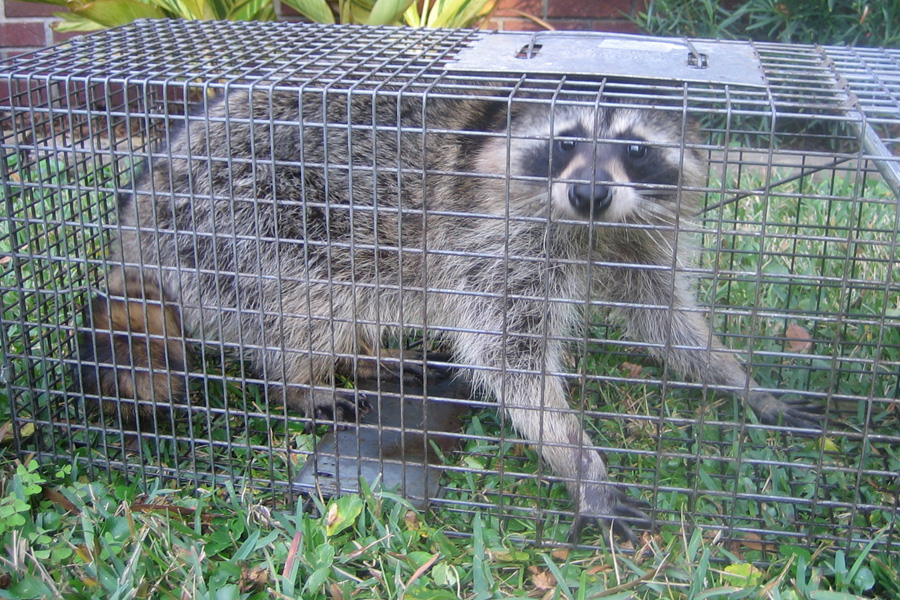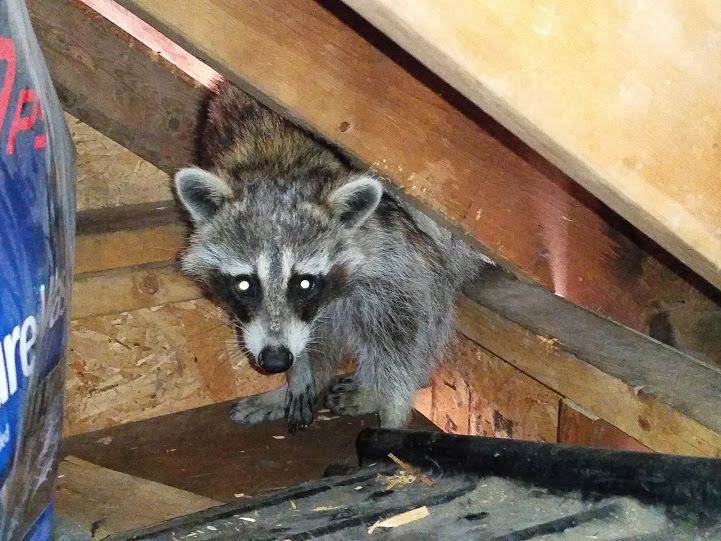Have you seen raccoons or other wildlife behaving strangely? Sluggish movements and other unusual behaviours, particularly in the spring, are signs of distemper. Learn more about this disease and what you can do to keep yourself, your home and your pets safe. Find answers to common questions and discover why you need to contact Skedaddle Humane Wildlife Control in Whitby for all your animal services.
Why Are Animals Acting Strange?
A common virus spreading among wildlife in Ontario is distemper. This virus can easily be transmitted between raccoons, cats, and dogs, but doesn’t affect humans. The symptoms and signs can vary and some signs are closely related to rabies, another serious disease that raccoons can be affected by. Here are some common symptoms of distemper:
- Slow movements
- Limp appearance
- Mucus discharge near the eyes
- Tremors
- Loss of fear of humans
- Chewing fits
Not all of these signs appear in every case, but the illness is often fatal for most infected animals. Distemper can be a serious problem for a number of reasons. First, an infected raccoon may lose its fear of humans and attempt to enter your home or yard for food. Second, this disease can spread to your cats and dogs. Be sure your pet is up to date on its shots to help prevent the spread of distemper. These preventative measures and wildlife control strategies can reduce the risk of your pet contracting distemper, which can be fatal for cats and dogs.
If you see a raccoon that is acting strangely or doesn’t appear to be afraid of you, don’t attempt to touch it or remove it from your property on your own. These wild animals can carry other diseases, ticks and fleas that can affect your health. Raccoons can also defend themselves if they feel they are being cornered. It’s best to leave wildlife removal to the experts.
The best way to stay protected is to stay away. Don’t attempt to trap, scare or otherwise remove a wild animal from your property. Raccoons typically leave quickly when they see someone nearby, but a raccoon with distemper may act unusually. If you wait for the animal to leave on its own, you could be increasing the risk that it spreads the virus to other wildlife or pets in your neighborhood.
How Do Warm Winters Affect Distemper?
The causes of distemper aren’t known, but it’s believed that an increased raccoon population and warm winters increase the rate of the disease. Cold weather kills the virus and prevents it from spreading year to year. A warmer winter environment allows the virus to live in raccoon dens and continue to spread through the winter, then peak in the spring as raccoons are venturing out to find food.
Urban environments have encouraged the local raccoon population to grow. Raccoons living in close quarters are more likely to spread distemper among themselves as well as to pets in the neighbourhood. An increased population not only puts raccoons in close contact with each other but also increases the chance of a raccoon coming in contact with another animal that can contract this disease.

Learn More About Whitby Animal Services
Keep raccoons away from your property with the help of Skedaddle Humane Wildlife Control. Our expert technicians know the signs of distemper and can safely capture infected raccoons in a humane way. We work quickly to prevent further spread of the virus to your pets and other wildlife in your area. Reduce the number of distemper cases in your area and keep your home safe today. Contact us to learn more about our effective removal and prevention services in Whitby. Don’t let a sick raccoon spread this virus throughout your community, but encourage healthy, humane removal and prevention strategies.



